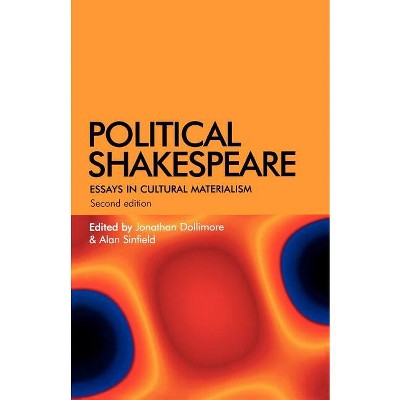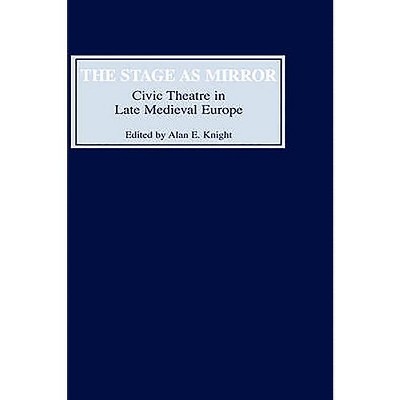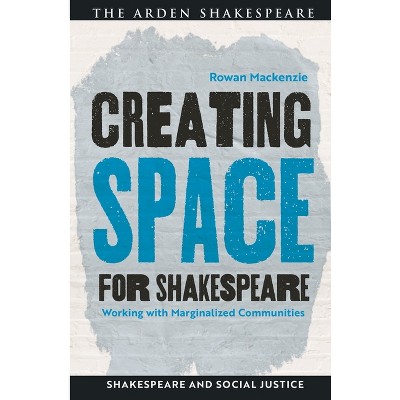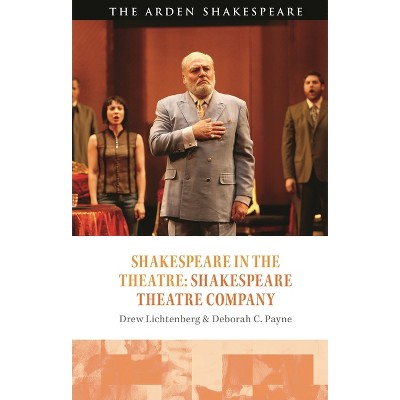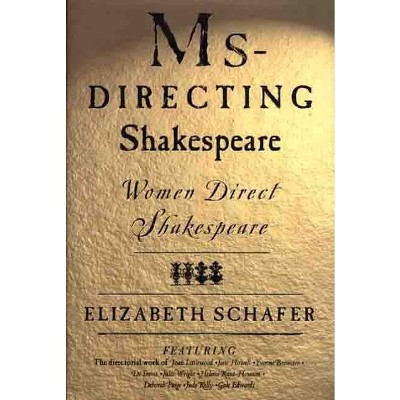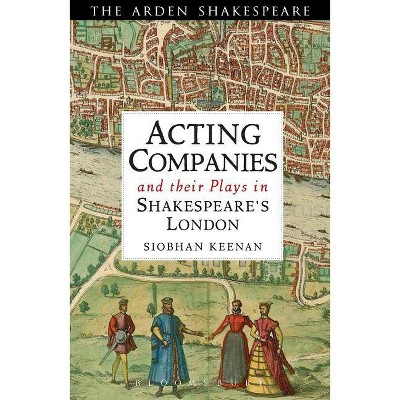About this item
Highlights
- This study provides the first comprehensive examination of every prop in Shakespeare's plays, whether mentioned in stage directions, indicated in dialogue or implied by the action.
- About the Author: John Leland has enjoyed teaching Shakespeare to undergraduates for more than thirty years.
- 228 Pages
- Performing Arts, Theater
Description
About the Book
"This study provides the first comprehensive examination of every prop in Shakespeare's plays, whether mentioned in stage directions, indicated in dialogue or implied by the action. The authors delve into numerous historical documents, the business of theater in Renaissance England, and the plays themselves to explain what audiences might have seen"--Book Synopsis
This study provides the first comprehensive examination of every prop in Shakespeare's plays, whether mentioned in stage directions, indicated in dialogue or implied by the action. Building on the latest scholarship and offering a witty treatment of the subject, the authors delve into numerous historical documents, the business of theater in Renaissance England, and the plays themselves to explain what audiences might have seen at the Globe, the Rose, the Curtain, or the Blackfriars Playhouse, and why it matters.
Students of the plays will be able to read beyond Shakespeare's words and visualize the drama as it might have appeared on the stage. Scholars will find a wealth of previously unmined material for reconstructing Renaissance theatrical practices. School drama groups, amateur theaters and directors and prop masters of professional troupes will find help in mounting their own productions as the Bard's audiences would have seen them.
Review Quotes
"Shakespeare scholars and actors will find it most useful in learning more about Shakespeare"-ARBA; "Scholarly yet entertaining... The authors approach their topic with both seriousness and a bit of ghoulish glee...a really enjoyable book...recommended"-Sixteenth Century Journal.
About the Author
John Leland has enjoyed teaching Shakespeare to undergraduates for more than thirty years. He lives in Lexington, Virginia. Alan Baragona is a professor of medieval and Renaissance literature, specializing in early drama. He lives in Staunton, Virginia.Shipping details
Return details
Trending Non-Fiction







